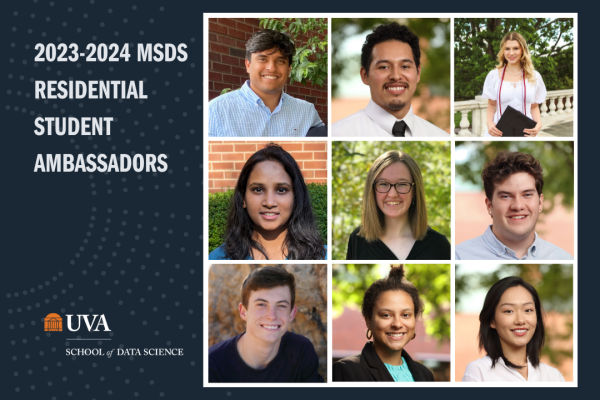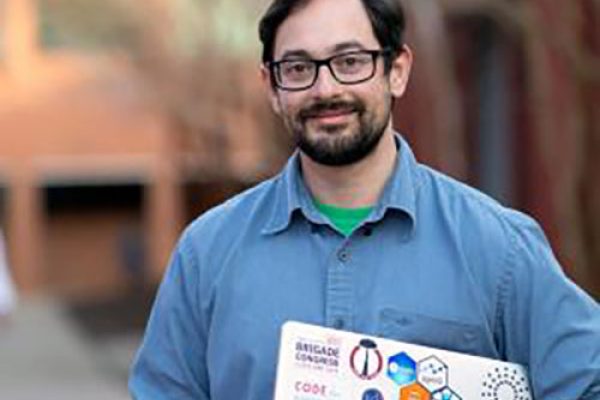
My MSDS Capstone Project: Predicting California’s Hydroclimate

Every year, the M.S. in Data Science (MSDS) residential students unite to take on capstone projects that have tangible real-world impacts. Ranging from company sponsorships to academic research endeavors, each student is tasked with applying data science to address the unique challenges posed by their capstone sponsor.
Students are organized into groups based on their preferences after learning about potential sponsors, ensuring that each participant engages in a project aligned with their interests and objectives.
As a California native, I was thrilled to be matched with a project that resonated with my background: "Exploring Predictability of Winter California Hydroclimate with Deep Learning."
As a resident of the Southern California region, I am intimately familiar with the profound impact climate can have on the region. In a state where rainfall is infrequent, heavy rain events pose numerous challenges ranging from creating sewage runoff that pollutes the ocean and endangers surfers and beachgoers, to threatening the infrastructure of cities and neighborhoods ill-equipped to withstand adverse weather conditions.
Teamed up with some of my closest friends in the program, our mission was to predict winter precipitation using data from the preceding summer. Our sponsor and advisor, Antonios Mamalakis, a research professor who has made waves in the environmental data science community, directed our attention to existing scientific literature authored by himself and other subject matter experts.
Armed with essential background information and context, our objectives became twofold: this capstone project not only offered an opportunity to better inform California policy-makers and citizens, but also provided a platform to enhance existing academic methodologies and publish our findings to contribute to the broader scientific community.
Our choice of a Convolutional Neural Network (CNN) utilizing global temperature and pressure data seamlessly aligned with our ongoing Deep Learning class, a mandatory part of the MSDS Residential program curriculum for the spring semester.
My personal journey is just one example of how the capstone project not only complements the MSDS academic curriculum but also challenges and encourages students to be inquisitive, following their instincts in pursuit of impactful solutions.
At the University of Virginia School of Data Science, the learning experience goes beyond the classroom. Your proficiency as a data scientist stems from your ability to leverage data and knowledge, making informed decisions that resonate with the world around you, in whatever manner you choose.



